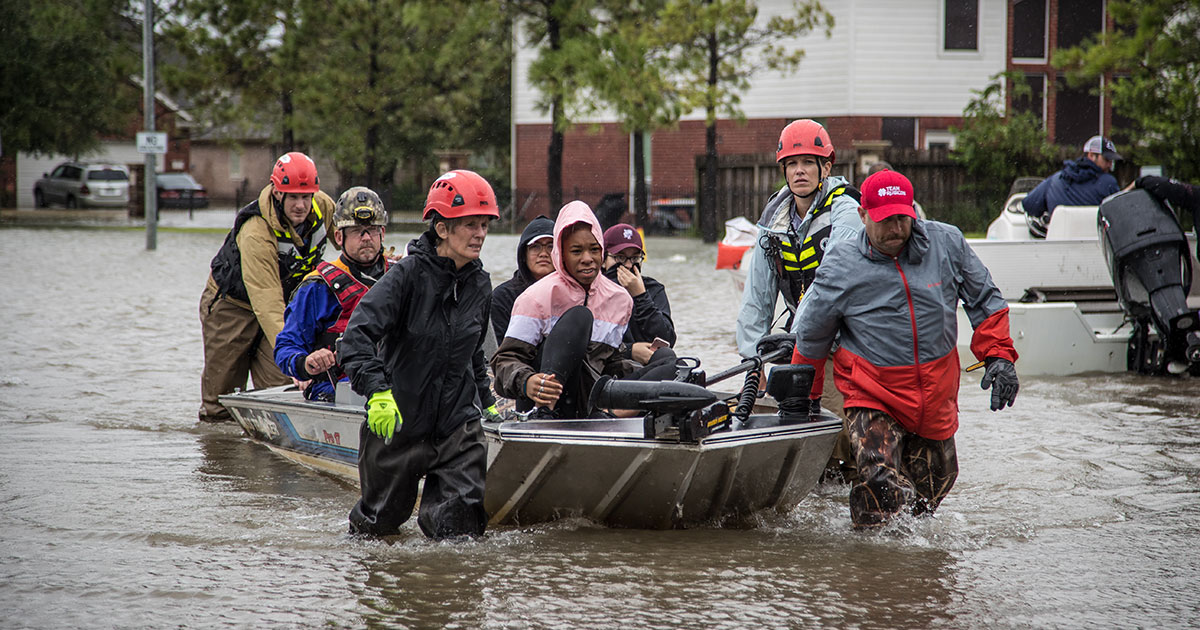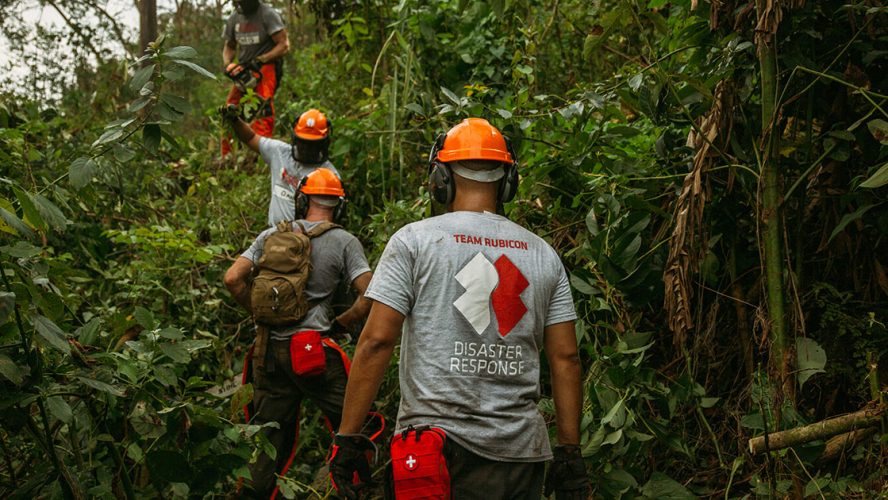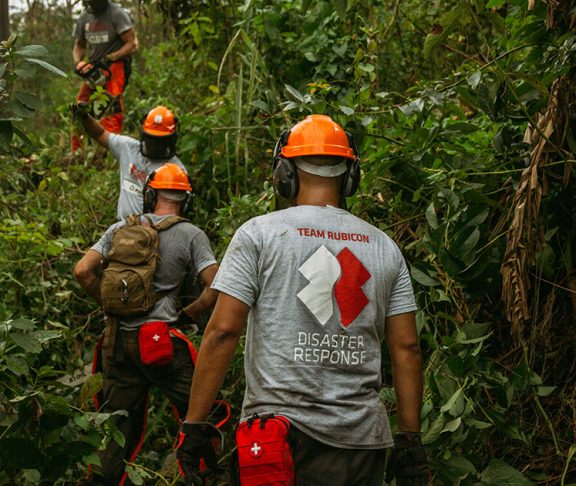They serve with honor, but when veterans return home, one of their biggest challenges can be shedding unfortunate labels.
“Veterans are often stereotyped as ‘broken’ or ‘scarred,’ and that masks the incredibly powerful and valuable skills their education, experience and investment truly warrant,” explains Art delaCruz, chief operating officer for the first-response group Team Rubicon. “There are more than 21 million veterans in our society, and they can contribute across such a broad range. I think we need to get better at recognizing this asset is around us, seeking their involvement and plugging them into more opportunities where we can leverage them into society.”
Communities often don’t realize that veterans bring a valuable perspective and capability that’s untapped in day-to-day civilian life.
“We invest tremendous resources, responsibility and training into our men and women who choose to serve, but we do not seek them as an asset once they take off their uniform,” says delaCruz. “They often leave behind the purpose, opportunity and team they’ve grown accustomed to being around all day.”
Team Rubicon volunteers, many of them veterans, have deployed on nearly 300 response operations across the globe, including operations to assist victims of a powerful earthquake in Haiti and a devastating typhoon in the Philippines.
“When disaster strikes, these men and women spring into action to help communities stabilize, recover and rebuild,” says delaCruz.
Recently, team members helped communities ravaged by Hurricane Florence.

“We’ve launched six response operations in some of the hardest hit North Carolina communities. Our volunteers are conducting damage assessments and providing muck-out services, expedient home repairs, debris removal services and sawyer operations to clear downed trees, all free of charge.”
“Veterans are effective first responders, because they are exposed to responsibility and decision-making at a relatively junior stage,” delaCruz says. “They develop in a system that relies on process and standards, but they also understand that the likely environment of operations is one of ambiguity and often a lack of a full picture.”
According to delaCruz, veterans should be recognized for their willingness do what’s necessary to reconnect with service and betterment of community.
Cindy Riley, [email protected]

